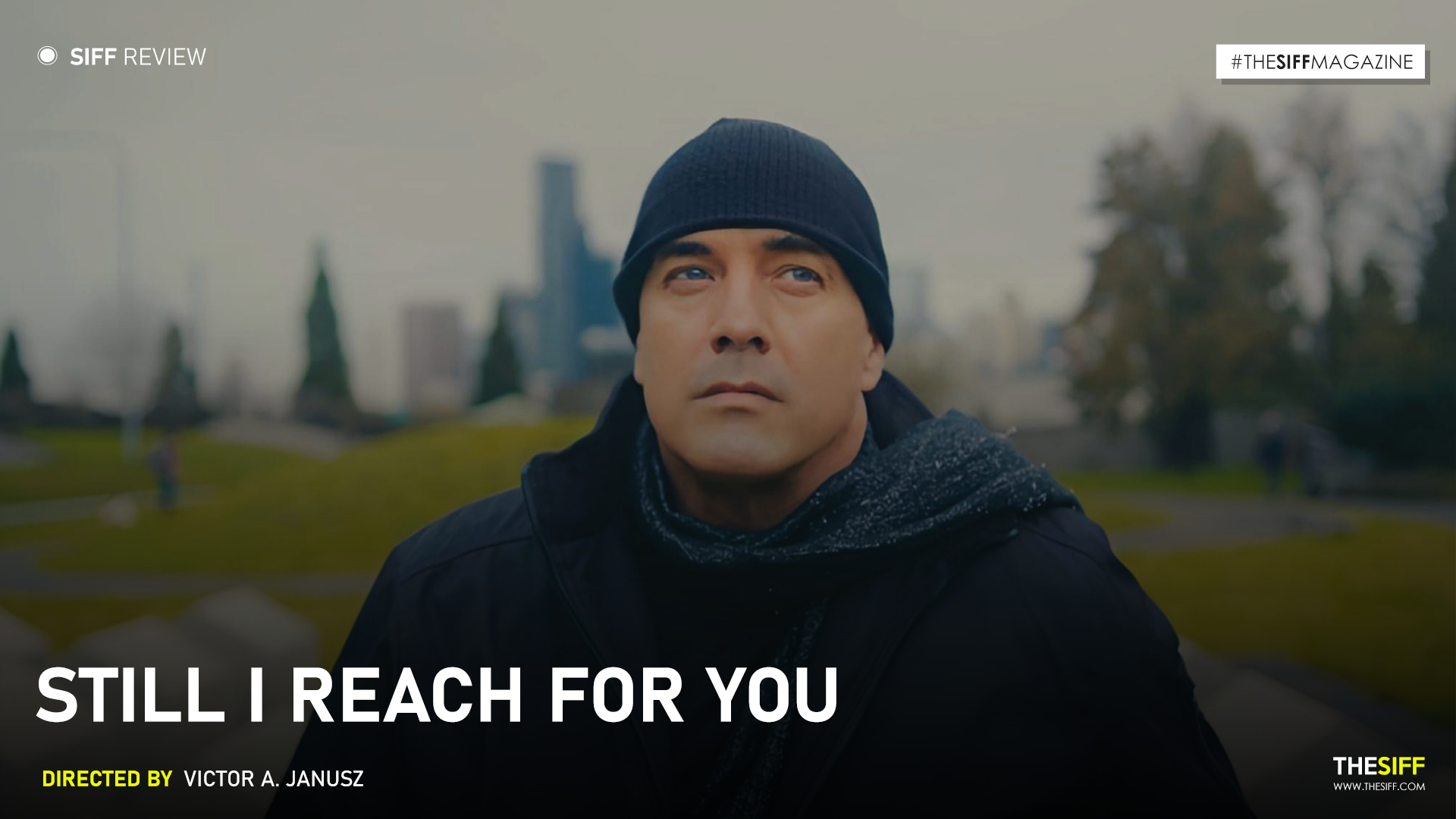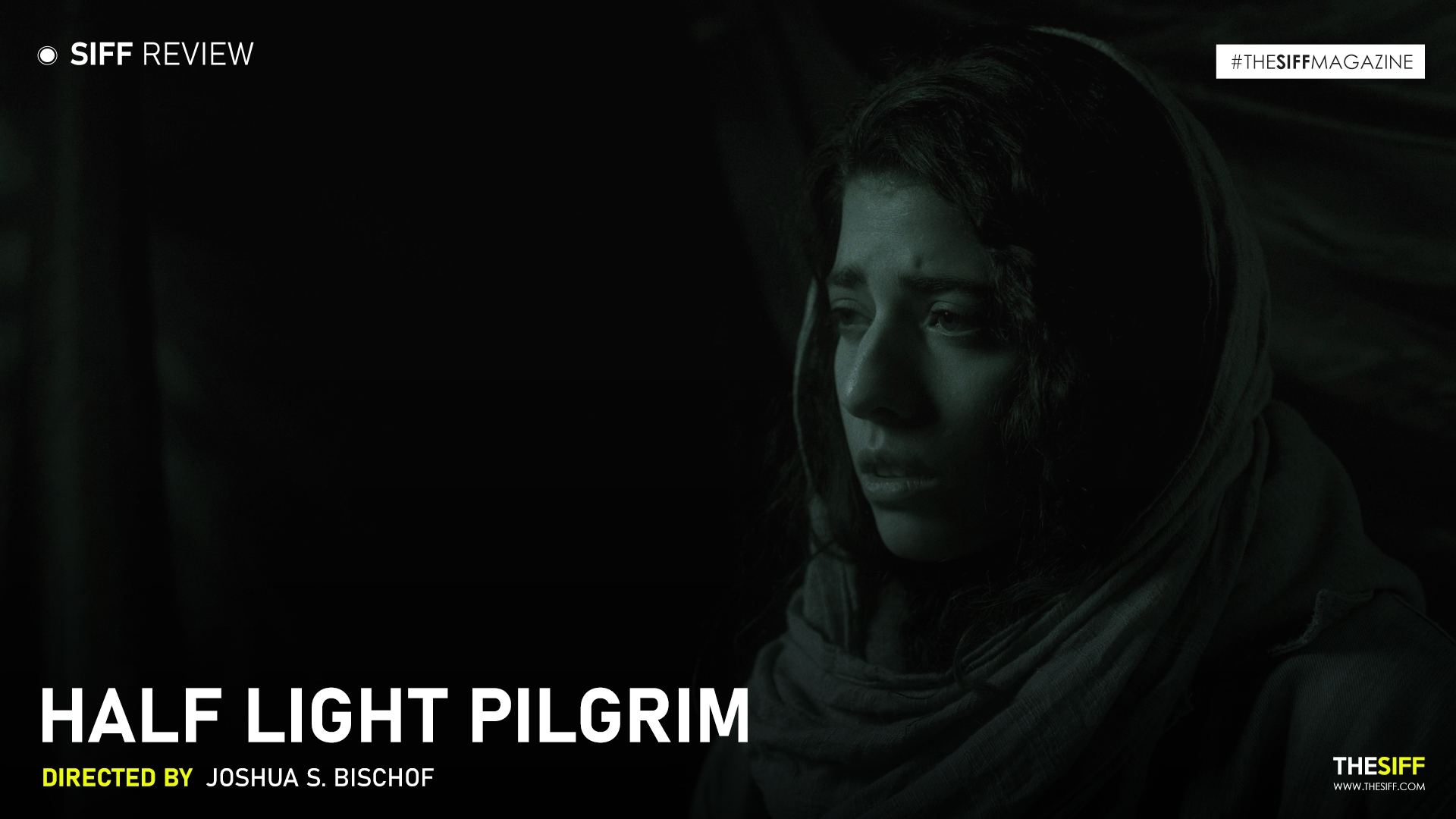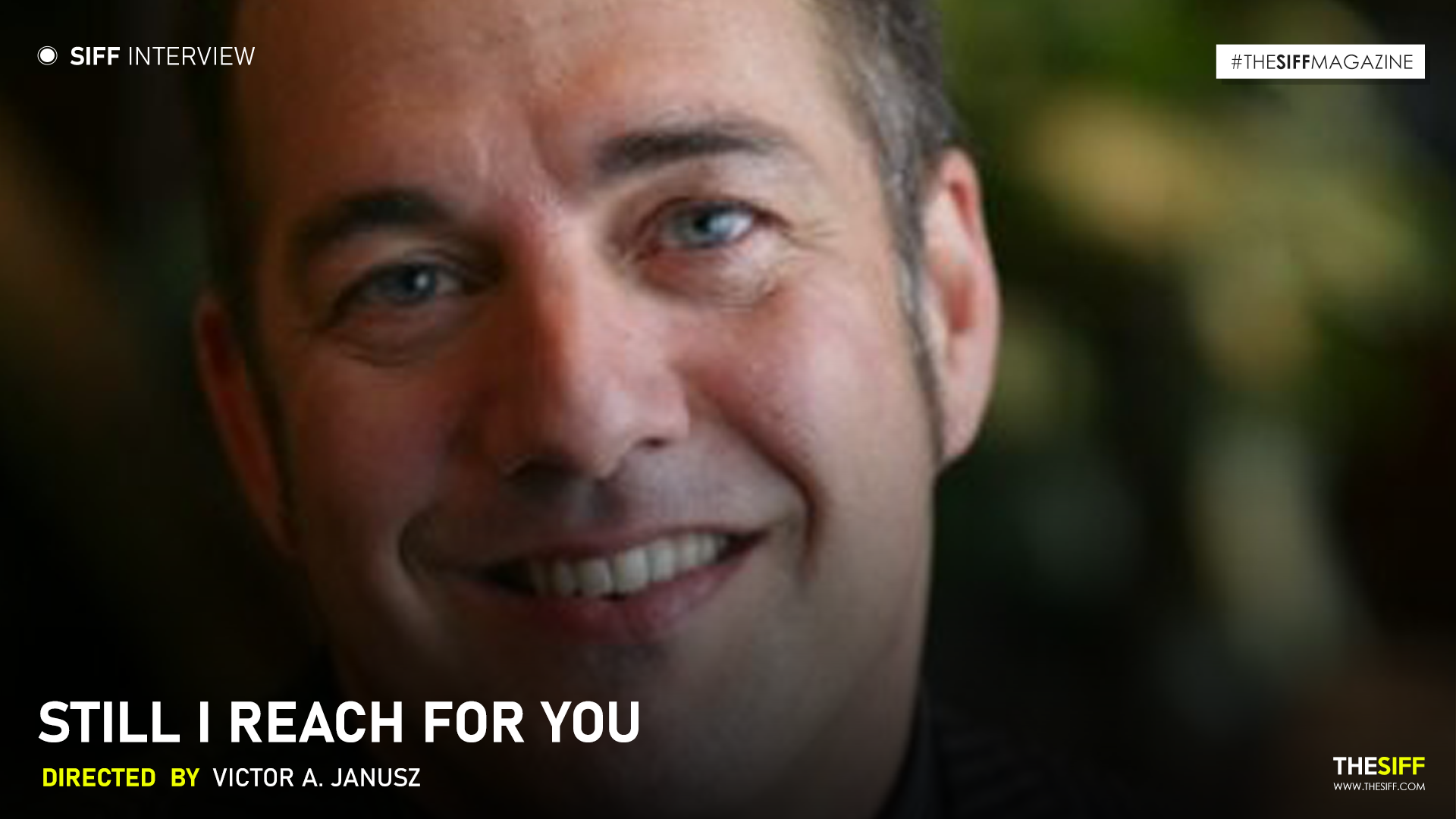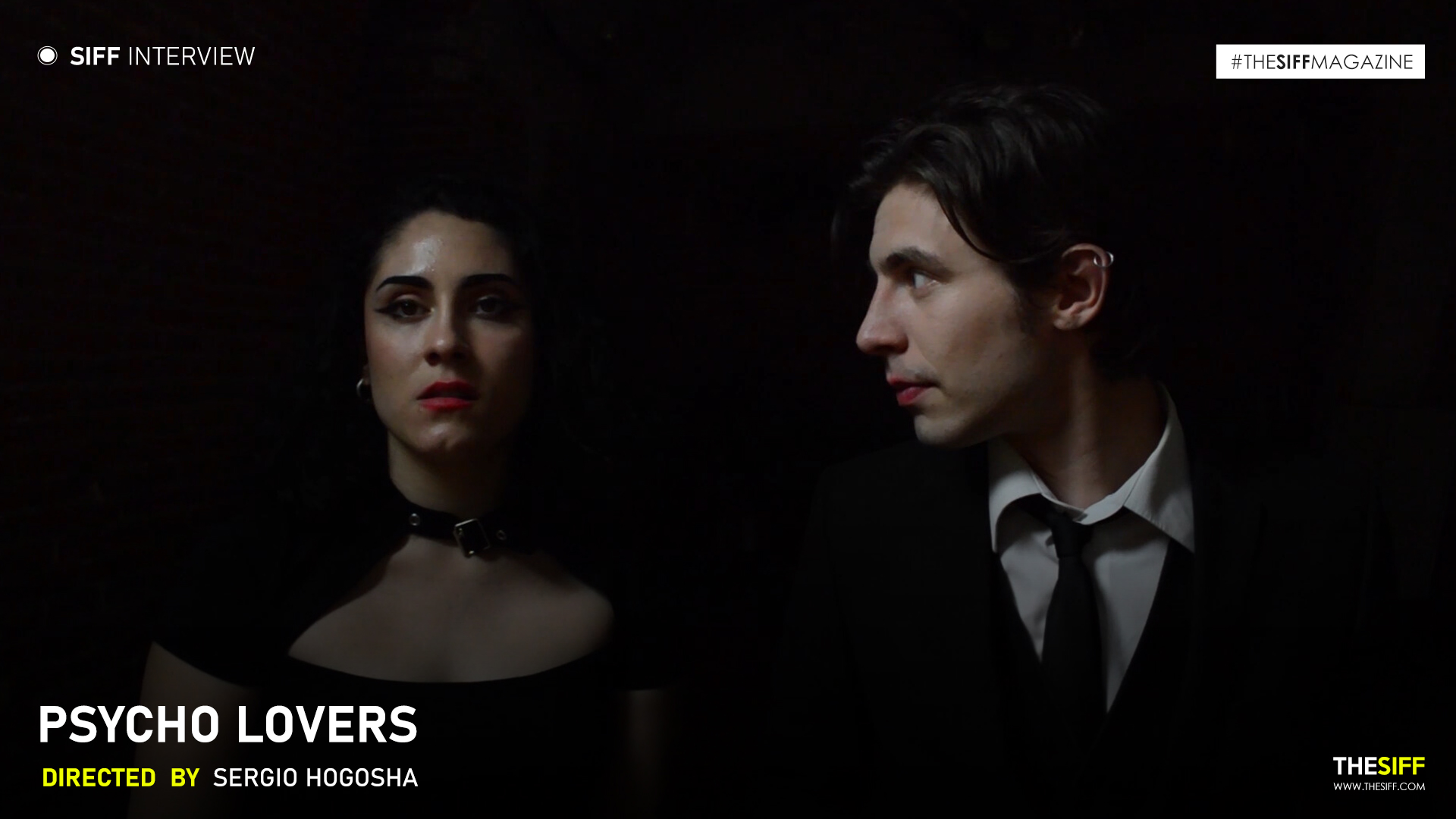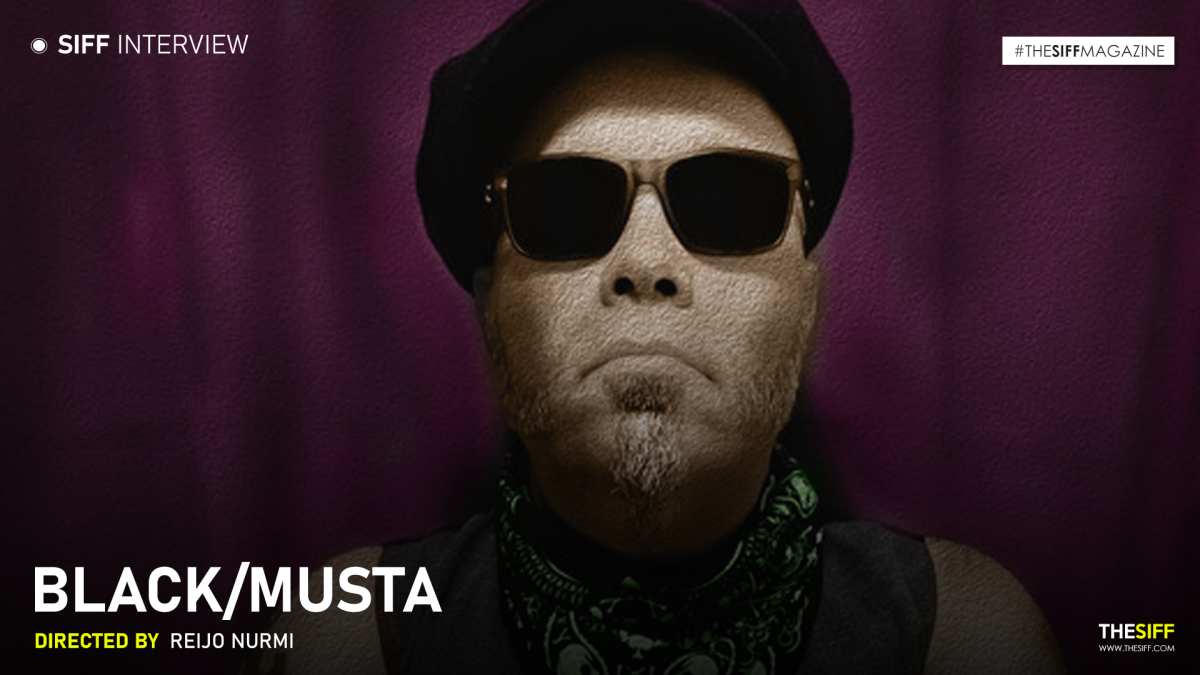
Movie : Black/Musta
Director: Reijo Nurmi
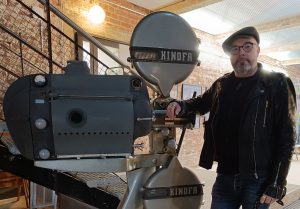
1.Sir, first of all tell us about your love for music. What is music according to you?
I’m not nostalgic, but I’m still struck by music that was made decades ago. Yes, there is still a lot of good music being made today, but most of it, to be honest, seems to have been squeezed out of the same tube.
I also hate genre thinking and the fact that music listeners are divided by logarithms as if everyone would like to hear the same song over and over again. It’s no wonder that if a popular series has Kate Bush as its soundtrack, it shoots to the top of the charts, because it’s music that no one makes anymore. It therefore sounds fresh, new and wild.
My favorites are mainly old American Rock’n Roll singers and bands, but I’ve thought that it’s pointless for me to copy them, because they were masters in their field.
That’s why Rebound is a combination of everything I’ve heard and something of my own. I love music and that’s actually why I also make music videos or small films. Music is always at least another plot in them.
2.Did you always have an affinity for the visual medium? How do you see it?
If you mean, for example, can I see music as images, then somewhat yes. However, I don’t always want to write a script following the words of a song, for example, but I want to break the formula. The songs can be short stories, but I think it’s more interesting that the image and the sound are opposites.
I don’t remember in which movie there was, for example, a hugely impressive (and raw) violent scene, where a beautiful ballad played in the background. It burned a scene into my retinas as well as my mind. If a Mötorhead song had been used in the scene, it would have been too obvious.
I’m not a very critical movie watcher. I can’t tell you the “real” top 10 list of movies because that would be too much for you to think I’m a jerk. That’s partly true, although I love really good movies like Vittorio De Sica’s Bicycle Thief(Ladri di biciclette), which is the absolute elite of movies, I can also watch Die Hard 2 and enjoy it too.
Perhaps, however, I value three directors at the moment, the first of whom I will list is the Finnish Aki Kaurismäki, the American Quentin Tarantino and the Australian Baz Luhrmann. They are all geniuses at their jobs. I don’t imagine I could ever reach their level.
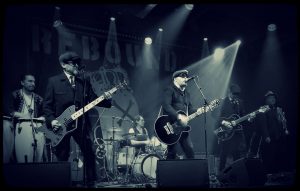
3.How did you come up with the title? Tell us the story behind the title of the movie.
There’s really no mystique about it. At first, our intention was to make a music video for our song “Black”. However, I had dreamed for a long time that I wanted to try something other than a straight music video.
It was actually quite difficult to connect the word “black” to anything and I thought for a long time what would be the thing that would be revealed in a similar way to the name of the sled at the end of Citizen Kane. Many certainly don’t associate this with a classic film, but that’s where it came from.
I also wanted to really make the ending look like the money has run out at this point. I’m sorry, but I wanted to make the ending really bad or really weird so that the viewer would feel like they were tricked into watching this clip.
If I had a bigger budget, I would have solved the ending problem so that suddenly everything explodes. Maybe one day I’ll make one! Hah hah!
4.Sir, tell us something about your script. When and how did it come into being?
I made the first draft of the script probably about 3-4 months before filming. I showed it to my bandmates, but they weren’t enthusiastic. I was still working on it, but I ended up throwing it away.
I started all over again and changed everything. In the end, we wrote the finished script together with Mikki Niinivaara, who is the bass player of the band Rebound.
I never make it so that I follow the script closely during the shoot, and if something comes to mind during the shoot, we can change the scene. That’s what happened this time too.
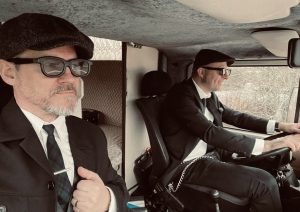
5.The narrative falls under the category of two very significant genres – comedy and thriller. You have quite dexterously blended the two. How would rate the combination in general?
Thank you very much, you are the first to formulate it so beautifully!
However, I think that I didn’t want to combine comedy and thriller, I wanted the viewer to be left wondering if this is both.
I didn’t want violence or extreme tension, but I also didn’t want jokes that the viewers would laugh at with tears in their eyes.
I really wanted it to be a short film that leaves more questions than answers and the strange world of Rebound where anything can happen. I guess this is the kind of genre-free thing that I want to do in music as well.
6.The song ties the narrative together. How important was it for these two distinct mediums to complement each other?
As I said before, I don’t necessarily want the songs to have anything to do with the film. Which might sound strange, but this time I wanted the song to be more moody and sometimes even the opposite of moody.
As I told you about the movie where a beautiful ballad was in the background of a violent scene, this is also a really absurd scene where the main character is in the toilet and a wistful ballad is playing in the background, where the lyrics refer to the loss of love. I don’t think many people would do this and that makes the scene even more absurd.
I wish the viewer could understand this strange combination, but I can’t get into the viewer’s mind. I wanted to do it this way, and you can ask me why, but I can’t answer that. That’s freedom of the artist!
7.The lines of the song and the dialogues appear adroit. Tell us something about your process of writing.
You have once again beautifully formulated your words!
Actually, I’m more of a songwriter than an actual director, but I do both on the same principle. I’m trying to find something that hasn’t been done yet.
It’s completely impossible, but I still want to bring some of my own angle to the stories and songs as well. There is nothing mystical about writing, except if the end result is good, it makes me smile and feel happy.
Writing is work and I don’t wait for inspiration,for example, I just sit and think and write whatever I want at first. In the end, if it goes well, the story starts to take shape and is then pruned and often simplified until the words and the story find their place.
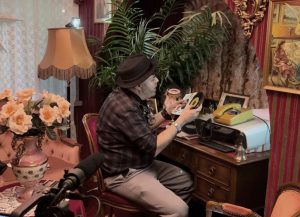
8.The technical aspects play a vital role in the movie, specifically the cinematography and the editing. What would you say about the significance of the technical aspects in the story?
I have had the good fortune to get to know a very good cinematographer, Ekku Ekström. Without his visual vision and beautiful angles, I wouldn’t be here talking about anything. He is really good and knows his trade.
Likewise, I have to thank Arto Törmänen for the digital effects. He is a champion!
Usually Ekku Ekström has done the raw editing of music videos or short films and after that either me or Mikki Niinivaara cuts the final version. We also often make it so that me and Mikki cut our own version and then combine them.
It means that a dozen cuts have been made of the films before the final one is ready.
Since our budget has always been small, we can’t use much dubbing and the filming takes place in one day. That’s why we always rehearse all the scenes in advance, so that during the shooting itself we no longer practice, but instead try to get the best possible quality at once.
And because I am an amateur director, we are not bound by any rules. In fact, cinematographer Ekku Ekström often says that he doesn’t understand anything about the script, but trusts that “yes, something will probably come of it”! Hah hah!
9.Where do you see the visual medium going in ten years time? What would change according to you?
The biggest change happened when digitalization abolished shooting on film. There has been a huge change since then. Now millions of clips are uploaded to YouTube every day. It eats away at the power of the old media.
This opportunity has turned hundreds of thousands of people into tubers and the content can be anything and still have an audience of millions.
I believe that, unfortunately, at some point the popularity of movie theaters will collapse. The authors’ livelihood is also at risk.
I also believe that artificial intelligence will revolutionize movies. At some point we will see old movie stars in new movies.
Marilyn Monroe and Elvis Presley return as movie stars. I hope the latter also gets good roles!
I believe that movies will soon be watched and consumed like music on Spotify, and in fact it is already happening. Not all development is good, but it cannot be prevented. Something good will also happen, no doubt about it!
I see myself ten years from now still making weird movies and music that aren’t commercially successful. 😀 But what else could I do? I love creating from scratch too much, it brings joy to my life.
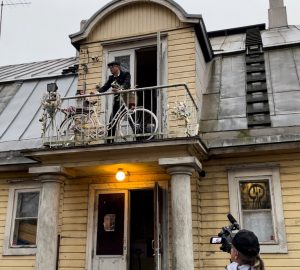
10.How important is it for mediums to complement each other and gradually erase the otherwise ossified boundaries?
It’s a good thing that people do things they want to do and show it to others. It’s a good thing that old media must be agile and on their toes for new trends. Only by challenging old truths can new ones be born.
Unfortunately, however, the world is moving in the direction where large players can control copyrights and buy out competitors. Then competition is not born in a healthy way.
It has always been the case that money talks and bullshit walks, but such surprise success stories rarely come out of nowhere these days.
It’s the same as in the music business. The one with the strongest market machinery is played. It’s not about whether the song is good or bad, it’s about whether the artist fits a certain genre. That means more songs and movies that are bland and cliche and mostly similar.
But I want to be a dreamer. I hope people don’t lose faith in good things. And I believe there are millions and millions of people who want to see a better world tomorrow. Apathy is not the answer to the world’s problems anyway!


